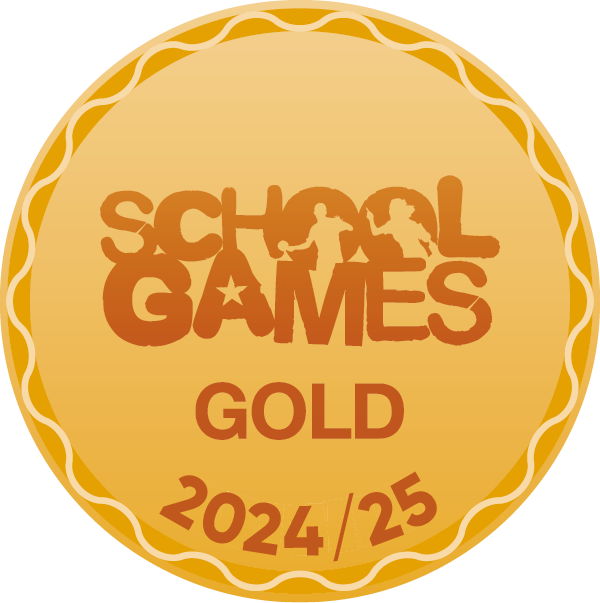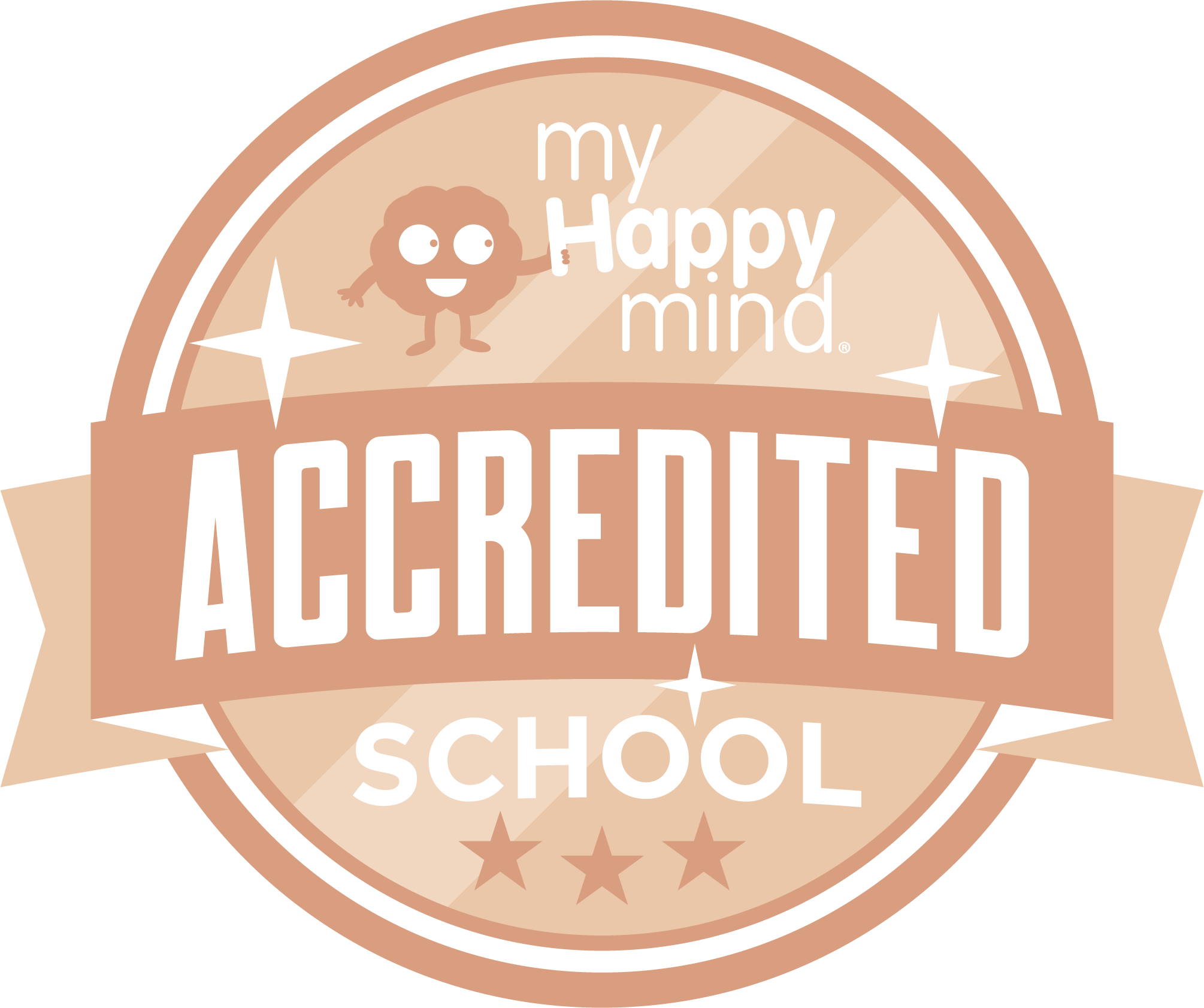Geography
The geography curriculum at Bournville Village Primary School is designed to develop children’s curiosity and fascination about the world and its people that will remain with them for the rest of their lives. Children investigate a range of places – both in Britain and abroad – to help develop their knowledge and understanding of the Earth’s physical and human processes. We are committed to providing children with opportunities to investigate and make enquiries about their local area of Bournville and Birmingham so that they can develop a real sense of who they are, their heritage and what makes our local area unique and special. We also develop the children’s ability to apply geographical skills to enable them to confidently communicate their findings and geographical understanding.
The geography curriculum is ambitious and inclusive ensuring all have the geographical knowledge they need to take advantage of their local area and the wider world. Geography is planned and sequenced so that children develop knowledge and skills building on what has been taught in previous years.
The National Curriculum Aims
The national curriculum for geography aims to ensure that all pupils:
develop contextual knowledge of the location of globally significant places – both terrestrial and marine – including their defining physical and human characteristics and how these provide a geographical context for understanding the actions of processes
understand the processes that give rise to key physical and human geographical features of the world, how these are interdependent and how they bring about spatial variation and change over time
are competent in the geographical skills needed to:
collect, analyse and communicate with a range of data gathered through experiences of fieldwork that deepen their understanding of geographical processes
interpret a range of sources of geographical information, including maps, diagrams, globes, aerial photographs and Geographical Information Systems (GIS)
communicate geographical information in a variety of ways, including through maps, numerical and quantitative skills and writing at length.
The National Curriculum purpose of study
A high-quality geography education should inspire in pupils a curiosity and fascination about the world and its people that will remain with them for the rest of their lives. Teaching should equip pupils with knowledge about diverse places, people, resources and natural and human environments, together with a deep understanding of the Earth’s key physical and human processes. As pupils progress, their growing knowledge about the world should help them to deepen their understanding of the interaction between physical and human processes, and of the formation and use of landscapes and environments. Geographical knowledge, understanding and skills provide the frameworks and approaches that explain how the Earth’s features at different scales are shaped, interconnected and change over time.
Geography
EARLY YEARS
Within the Early Years Foundation Stage, geography is included as part of Understanding the World. The children learn to investigate similarities and differences, the local environment and cultures and beliefs, fostering the skills essential to developing geographical understanding. This is set out in the early year’s curriculum as children needing to:
- observe, find out about, and identify features in the place they live and the natural world;
- Begin to know about their own cultures and beliefs and those of other people;
- Find out about their environment and talk about those features they like and dislike.
KEY STAGE 1
During Key Stage 1, pupils investigate their local area and develop an understanding of the United Kingdom. They also begin to learn about the wider world. They carry out geographical enquiry inside and outside the classroom. In doing this, they ask geographical questions about people, places and environments, and use geographical skills and resources, such as maps and photographs.
KEY STAGE 2
During Key Stage 2, pupils investigate a variety of people, places and environments in the United Kingdom and abroad, and start to make links between different places in the world. They find out how people affect the environment and how they are affected by it. Pupils carry out geographical enquiry inside and outside the classroom. In doing this, they ask geographical questions, and use geographical skills and resources, such as maps, atlases, aerial photographs and ICT. Children will develop geographical enquiry skills, including asking geographical questions, collecting and recording information and identifying different views. They will acquire the appropriate practical skills associated with Geography, including using suitable vocabulary, fieldwork techniques and maps, plans and atlases. Pupils will use secondary sources of information with accuracy, including aerial photographs, satellite images, etc.
Useful links
Home learning links
SEND guidance
Geography in action














